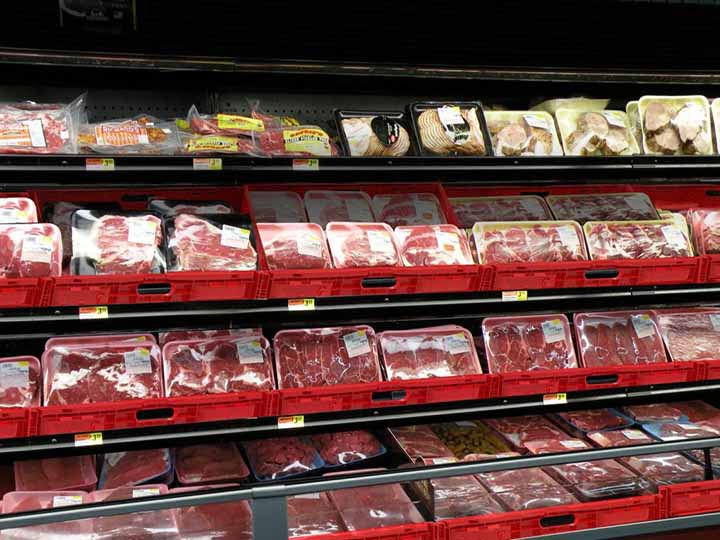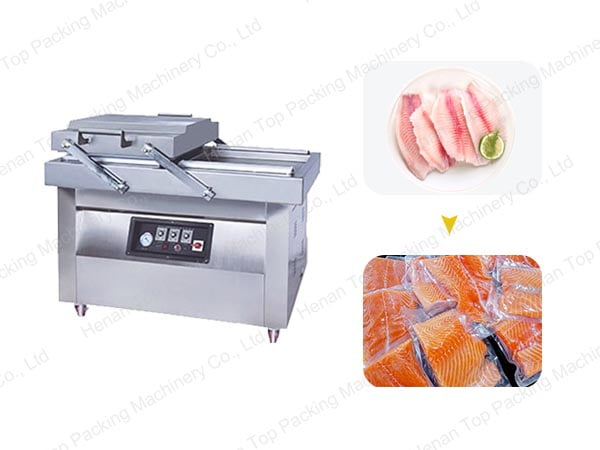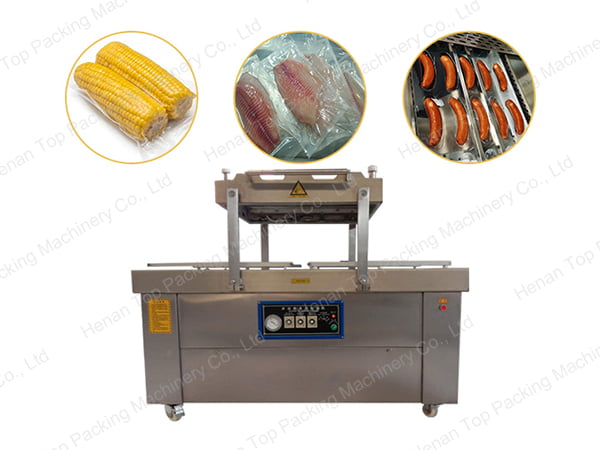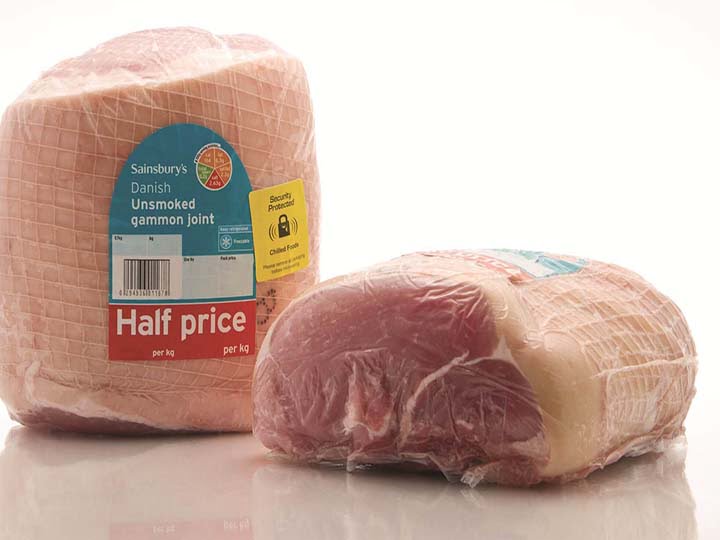In the competitive landscape of the meat industry, a reliable and efficient meat packaging system is the backbone of ensuring product freshness, extending shelf life, and meeting stringent safety standards. With the increasing demands for quality and sustainability, the need for advanced meat packaging solutions has become paramount.
From vacuum-sealed food packaging to commercial meat packing machine, the industry is witnessing a significant shift towards cutting-edge technologies that not only preserve the quality of meat but also contribute to streamlined operations and reduced environmental impact.

Meat Packaging System: Pioneering the Future of Freshness
The essence of a well-functioning meat packaging system lies in its ability to preserve the freshness and quality of meat products, ensuring they reach consumers in optimal condition. Modern meat packaging systems integrate a combination of advanced sealing techniques and intelligent designs to minimize the risk of contamination and extend the shelf life of products.
These systems employ a variety of materials such as specialized films, trays, and containers that provide an airtight seal to prevent oxygen exposure, thereby reducing the potential for bacterial growth and maintaining the natural color and flavor of the meat.
Revolutionary Vacuum Sealed Food Packaging: Preserving Flavor and Nutrition
In the realm of meat preservation, vacuum-sealed food packaging has emerged as a groundbreaking solution that significantly enhances the longevity of perishable products. By removing excess oxygen from the packaging, this method not only inhibits the growth of spoilage-causing microorganisms but also prevents the oxidation of fats, thus preserving the nutritional value and taste of the meat.
Vacuum-sealed packaging is widely recognized for its ability to maintain the freshness of meat over an extended period, thereby reducing food waste and promoting sustainable consumption practices.

Elevating Standards with Commercial Meat Packaging Equipment
To meet the evolving demands of the meat industry, the integration of high-performance commercial meat packaging equipment has become indispensable. Advanced machinery, including automated sealing systems, precision slicers, and intelligent labeling solutions, enables producers to streamline their packaging processes, enhance operational efficiency, and meet the stringent regulatory requirements governing the industry.
These innovative packaging solutions not only optimize production output but also contribute to cost-effective operations, allowing businesses to remain competitive in the dynamic market landscape.
Sustainable Innovations in Meat Packaging Solutions
In line with the growing emphasis on sustainability, the development of eco-friendly meat packaging solutions has gained traction within the industry. Manufacturers are increasingly adopting biodegradable and recyclable materials, such as plant-based packaging and compostable films, to minimize the environmental impact of their packaging practices.
By prioritizing sustainable alternatives, the industry is actively reducing its carbon footprint and contributing to the global initiative of promoting environmentally responsible practices throughout the supply chain.

The Future of Meat Packaging: Meeting Consumer Expectations and Industry Demands
As consumer preferences continue to evolve, the future of meat packaging solutions hinges on the integration of innovative technologies that cater to the diverse needs of a dynamic market. Enhanced packaging designs, interactive labeling, and smart tracking systems are poised to revolutionize the way meat products are packaged, marketed, and delivered to consumers.
Furthermore, with the growing emphasis on transparency and traceability, the incorporation of blockchain technology is expected to bolster trust and accountability throughout the entire meat supply chain, ensuring the highest standards of food safety and quality control.
In conclusion, the continuous evolution of meat packaging solutions remains essential for sustaining the integrity and competitiveness of the meat industry. By embracing cutting-edge technologies, prioritizing sustainability, and aligning with consumer preferences, meat producers and manufacturers can not only ensure the freshness and quality of their products but also contribute to a more sustainable and resilient food ecosystem.

